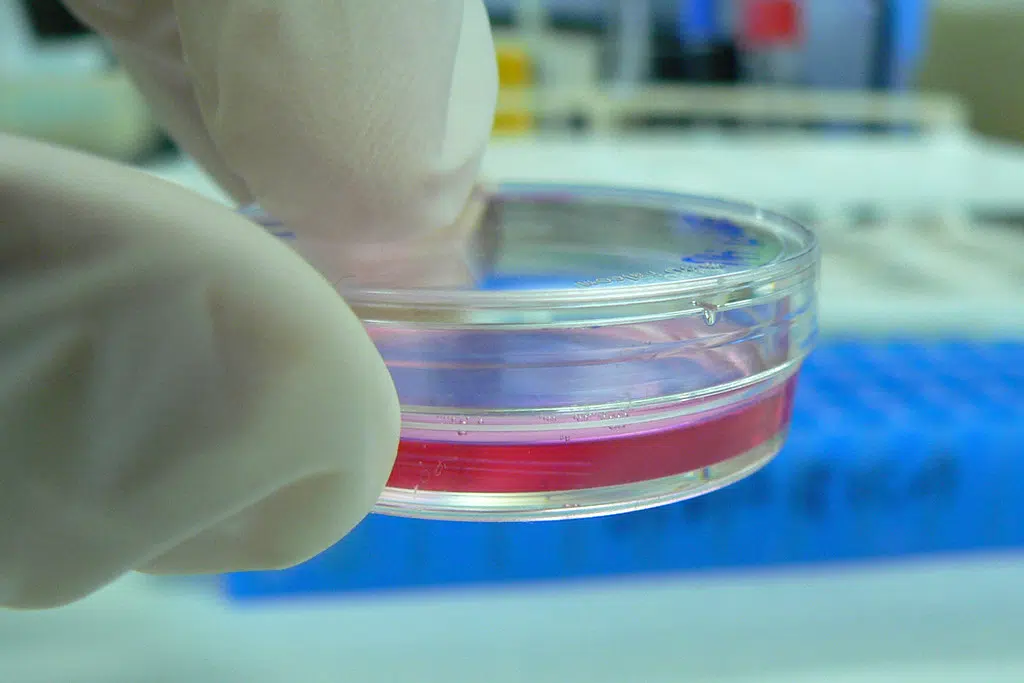A fungus by the name of Candida Auris is rapidly spreading at an alarming rate, and it’s one with a high mortality rate. LSU Health New Orleans Infectious Disease specialist, Dr. Fred Lopez says treatment is difficult.
“So, we are losing the battle because this fungus can become resistant to all three major classes of anti-fungal agents that we use to treat infections,” said Lopez.
Lopez said Candida Aruis is worrisome because it’s resistant to treatment and it usually infects individuals who are in and out of the hospital, in long-term acute care, and those who use feeding or breathing tubes. He said the mortality rate is between 30 to 60 percent.
“But it’s a staggering statistic and really should make us appreciate that we need to do what we can to prevent it,” said Lopez.
He said the mortality rate is difficult to determine because individuals who are most susceptible have co-morbidities.
The fungus is transmitted by contact with contaminated surfaces, equipment, or from person to person. Lopez said when the fungus enters the bloodstream is when it becomes dangerous.
“Identifying people who are infected and isolating them so that they can’t transmit that fungus to other people who are in a hospital or a healthcare setting or in a nursing home is really important,” said Lopez.
Anyone can carry the fungus and it’s when those who are vulnerable come into contact that it’s dangerous. Symptoms are dependent on the location of the infection and once it’s in the bloodstream, fever, a racing heart, and feeling light-headed could develop.
More than half of the states have reported cases of Candida Auris, and there are 50 known cases in Louisiana.








Comments